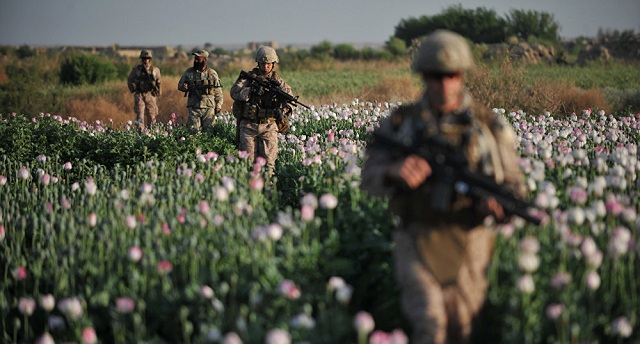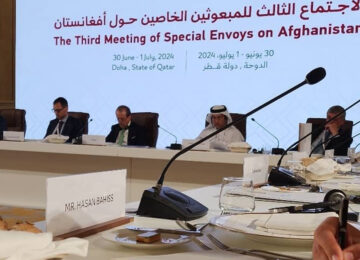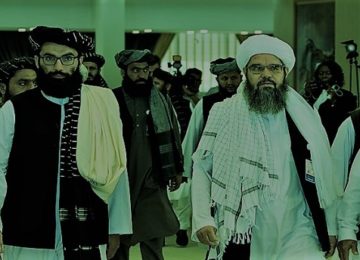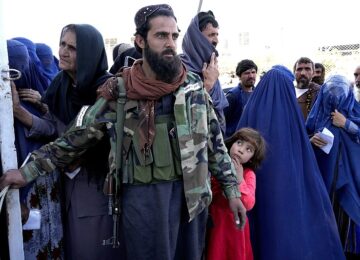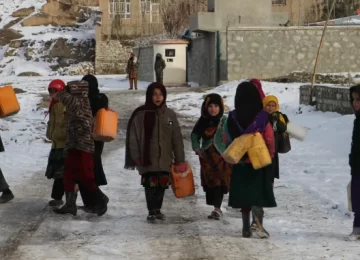Opium Harvest Protected by British Forces, 200 Metres From Camp Bastion Fence
Updated 7th June 2017
By Anthony C Heaford
April 2012 – British guards provided an over watch and active protection for opium harvesting within 200 metres of Camp Bastion Airfield Fence. At exactly the same time British soldiers were engaged in a mission to destroy poppy crops in Nadi-Ali, 15km south of Bastion.
The poppy eradication effort, called “Operation Shafuq”, was intended to be the Flag Ship Mission of our six month tour. What it became was a box ticking media event that involved British soldiers patrolling through minefields for no other reason than political expediency.
Op Shafuq was a combined NATO and Afghan Army mission, running from 18th to 23rd April, to clear insurgents from Nadi-Ali and then destroy the poppies in the area. Its intention was to show the embedded journalists our commitment to opium eradication, and to demonstrate the ability of the local and occupying forces to work together. This didn’t go according to plan.
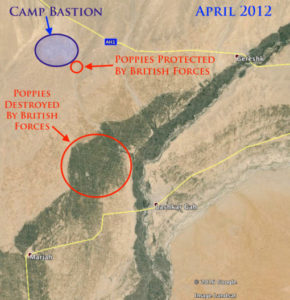
The Afghan Command started their part in Op Shafuk 24 hours early, on April 17th, which enabled the insurgents’ time to escape or hide their weapons before the British security cordon was in place. And by all accounts the poppy eradication was a very half-hearted affair too, as described by Quentin Summerville in his brutally honest five minute ‘From Our Own Correspondent’ report for the BBC World Service.
The self-serving duplicity of the Senior British Military Command is illustrated by the honours subsequently bestowed upon those British Officers in charge. General Capewell was the Chief of Joint Operations on 14th September 2012, the night of the Camp Bastion Airfield attack. Whilst giving evidence to the Defence Select Committee’s Accountability Review the General characterized the decision to allow poppy cultivation close to the perimeter fence as “a minor tactical error” which contributed to the enemy’s success.
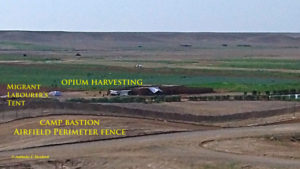
But it was not just poppy cultivation that was been allowed on the edge of Camp Bastion’s Airfiel. By the Summer of 2012 a busy population centre was allowed to develop on what was once barren desert. During the same Government Inquiry Major General Sturdevant of the US Command stated:
“We literally had poppy growing right up against the perimeter fence. That was another thing that Maj. Gen. Gurganus tried to take action on, but he wasn’t able to accomplish that. It was because the Afghans had to do it. We weren’t allowed to. The biggest external threat to the base came from there”
Just two weeks after giving his less than forthright evidence to the government committee General Capewell was awarded the title ‘Knight Commander of the Order of the Bath’ in the New Year Honours list of 2014, whilst US Major Generals Sturdevant & Gurganus were forced to retire immediately for their perceived failings.
My personal involvement in protecting Opium Harvesting was on April 21-22 2012, during a twenty-four hour guard duty on the south east corner of Bastion’s Airfield, shown in these photos. My exact orders were that the Afghan Security Forces, both Army and Police, were harassing the compound immediately to our front. If we saw any Afghan Forces approaching this compound, which was just 100 metres from the perimeter fence, we were to report it by radio to the Guard Commander who in turn would alert the NATO Quick Reaction Force so they could intervene. Whilst the opium harvesting adjacent to this compound was never acknowledged in the Tower Briefing, it was implicit in the instructions we were given to protect the harvest from Afghan Security Forces interference.
The Senior Command’s complicity in this matter was reinforced to me when two British Officers, a Major and Captain, visited the Guard Tower on the 22nd April, the only such visit I saw during my entire six month tour. When they arrived at the observation platform I repeated the Tower Briefing to them before describing the nature and challenges of the guard duty. I then pointed towards the opium harvesting a few hundred metres to our front and asked the two Senior Officers if they could see what was going on. Their reaction was to laugh, both claiming “We can’t see anything” before exiting the observation platform within a matter of seconds. What I had been trying to highlight were my security concerns. There were literally dozens of migrant labourers living and working unhindered within sight of NATO’s Main Operating Base in the most dangerous province in Afghanistan. We learnt from experience that many if not most of these migrant labourers would pick up a weapon and become the enemy as soon as the opium harvest was over.
Opinion
Because the two visiting Officers’ reaction to my identifying the opium harvest, and the fact they visited the guard tower at all, I believe they already knew of the opium harvest and were sightseeing when they came to look for themselves. These same officers also knew that at that exact moment British soldiers were walking through mine fields 15km south of Bastion in Nadi-Ali, taking part in an utterly pointless mission, whose only purpose could have been to earn the Chief of Joint Operations at Permanent Joint Headquarters, General Capewell, his ‘Knight Commander of the Order of the Bath’ title.
It is also my belief that British complacency over security policy as illustrated in this report lead directly to the success of the Taliban’s audacious Airfield Raid just a few months later, a security failing that cost two US Marines their lives and destroyed over $200 million of equipment. More information on these monumental failings are detailed in a second report, Camp Bastion Attack, linked here.
Photographer & Report Author:
Anthony C Heaford, Craftsman in British Territorial Army 2009 to 2013, No.30088729. Six month tour of Afghanistan, April to October 2012. Based in Camp Bastion.
Source: TheQuietMancunian
(Disclaimer: This cross-posted blog is written by the author in his personal capacity. The opinions expressed in this blog are the author’s own and do not reflect the view of CRSS.)



